Editor’s note: Faith on Lumpkin is a series produced by students in the fall 2023 Religion Reporting class. They were embedded with four student religious groups — UGA BCM (Baptist Collegiate Ministries), Christus Victor Lutheran Church and Student Center, the Presbyterian Student Center, the Episcopal Campus Ministry — that have physical locations on Lumpkin Street to learn about the faith, meet student and non-student leaders, identify newsworthy stories and ultimately produce a multiplatform feature story out of their ongoing coverage.
Haley Lerner lifts her arms during her sermon, as her golden curls brush over her shoulders. Her confident, yet kind, voice booms throughout the room, as about 40 eyes watch her every move. As a queer, female representative for the Presbyterian Student Center, Lerner draws in all sorts of students across the University of Georgia’s campus.
Word and Table, a staple in Lerner’s routine, is a Tuesday night tradition. The campus minister knows her audience, having introduced a Taylor Swift sermon series throughout the fall semester, sometimes donning a shirt from the pop star’s tour. Other events also capture the attention of attendees, including Coffee and Queeries every other Wednesday, monthly freshman small groups and Community Nights every Sunday with other religious groups and LGBTQ+ supporters on campus.
Lerner supports other faith groups on campus and in Athens as well. Her days this fall have consisted of donating palms for Sukkot at UGA’s Hillel Center, walking alongside Jewish community members through a stand for Israel and speaking on a panel alongside the Wright House Episcopal Ministry for LGBTQ+ inclusion. Her regular interfaith and multi-denominational work shows Lerner’s heart for helping others. That is what she preaches back at 1250 S. Lumpkin St.
As Lerner smiles, her students and peers can see the slight wrinkle around her eyes, even through her thick-framed glasses. Her hope is that anyone seeking a caring, supportive community can find themselves at the PSC, a one-story brick building on UGA’s campus.
Lerner who leads the congregation with Will Norman, the UGA PSC’s executive campus minister, graduated in 2019 from Emory University’s Candler School of Theology with her Master of Divinity. She started with PSC in 2019. She fits the typical profile of an ordained minister — talking to students, leading sermons and assisting students in their faith journeys.
The reverend’s personal experience as a parishioner in a same-sex marriage with her wife, Darya, drives her LGBTQ+ activism within the church.
“I never knew I could walk into a religious community and feel this way,” Lerner said. “I never knew that I could ever be welcomed and loved for who I am in the religious community.”
One of the common sayings throughout the PSC is “Y’all means all.” Rainbow pins with the phrase and those featuring different pronouns are spread across tables in the common space and a chalkboard in the dining room displays a sketch of the building with a pride flag above, and the word “home” written below.
The Presbyterian Church has not always been known for the acceptance that Lerner preaches because LGBTQ+ ministers were not permitted prior to the 21st century. The overall demographic distribution of the church skews to the older generations, as 38% of worshippers are over the age of 65, while only 8% fall into the 18-29 age group. Since older individuals lean more conservatively, a significant portion of the Presbyterian Church is unlikely to understand or support LGBTQ+ youth. This makes the PSC unique and vital to young adults that are openly expressing their gender identity and sexuality.
Just as Lerner assists UGA students with their faith and experiences, author and professor Jonathan Coley conducts research emphasizing findings on religion and gender sexuality, which is highlighted in his book, “Gay on God’s Campus: Mobilizing for LGBT Equality at Christian Colleges and Universities.” His studies found that over time, a collegiate environment has become more accepting due to a nationwide effort.
“Students mobilizing on these campuses were able to point to the growing number of denominations that were LGBTQ+ inclusive and say, ‘Hey, it’s quite possible to be LGBTQ+ and Christian. We’d like a space for people like us on campus,’’’ Coley, an associate professor of sociology at Oklahoma State University, said in an interview.
After decades of failed attempts, the Presbyterian Church permitted the ordination of LGBTQ+ individuals in 2011 under Amendment 10-A. That same year, Scott Anderson became the first openly gay minister to be ordained. Less than a decade later, Lerner earned her Master of Divinity. The church’s public acceptance of all individuals is relatively new, but that has yet to stop the PSC.
Two former students at the PSC started Coffee & Queeries as a bi-monthly meeting that fosters unfiltered conversations about the intersection of religious beliefs and queer identities. The group has grown from the founding members to about 10 students who thoughtfully discuss over cups of Jittery Joe’s and listen to guest speakers, the concept of welcoming LGBTQ+ Christians becomes more mainstream.
Coffee & Queeries was a principle in the PSC community prior to Lerner’s 2019 arrival, showing its long-standing success. Lerner aids those who are navigating their own identity.
“Queer spaces aren’t usually affirming of religious identity for pretty obvious reasons: the trauma, the hurt, the alienation, the idea you have been told you can’t be gay and be a Christian,” Lerner said. “Those for many people are identities that mean a lot to someone, and so, what does that look like to have the space to be able to talk openly about that? To talk about the hurt, talk about the places of support that they found.”
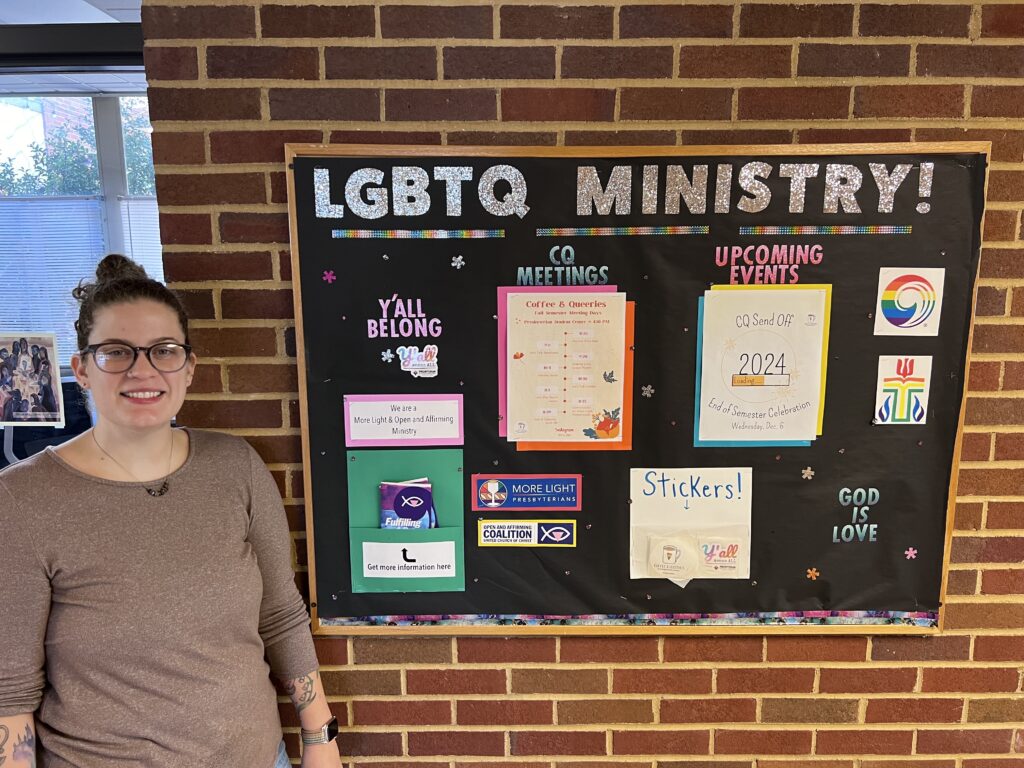
Lerner and the Coffee & Queeries student minister, Kazrin Novus, facilitate the group. A key part of Coffee & Queeries is “the fourth word,” which is a time to question any parts of the sermon. Novus, a third-year English major from Atlanta, said the forum is a safe way to openly push back against what was said in the service. The group promises privacy.
“I’m not going to read something if I can’t talk about it, like that’s the whole point is we’re trying to drum up conversation,” Novus said. “For the first time ever, I can use the Bible and talk about the Bible and not feel shamed for whatever perspective I have.”
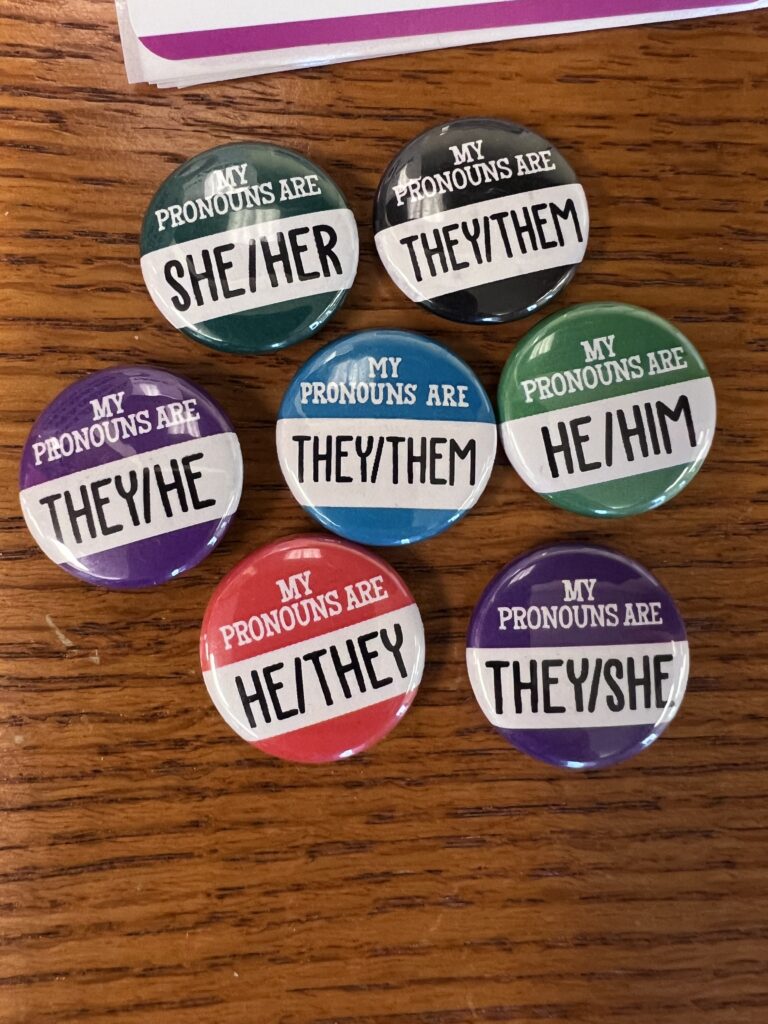
Lerner has also extended the LGBTQ+ minister beyond the scope of Coffee & Queeries. The PSC joined More Light Campus ministries in January 2019, as well as the Open and Affirming Coalition of the United Church of Christ in the spring of 2022. Both of these organizations focus on integrating LGBTQ+ students into the church through love, aligning with one of the core values of the PSC, while also becoming sponsors of this group on UGA’s campus, according to the fall 2023 quarterly newsletter, Oikonomia, that the PSC contributes to.
Unique to the PSC, events such as a coming-out ceremony, renaming and reaffirmation of baptism service and marital or premarital counseling may be provided to those seeking acknowledgement from the church. Additionally, resources are available for attendees seeking LGBTQ+ affirming therapy at a cost-efficient option.
Some people have dubbed PSC as the “gay church,” which helps Lerner welcome any UGA student to her Lumpkin Street home. Lerner said her coming out journey coincided with her time in the seminary, allowing her to understand her calling to become a pastor. In a world that has commonly outcasted LGBTQ+ individuals and religious minorities, Lerner welcomes any person, regardless of religion or demographics, within the church.
“As someone who grew up deeply entrenched in deeply loving my church community, being taught about love and shone love from a really young age … the place that I felt at home was in the church,” Lerner said. “That was the supportive and safe community for me.”
Erin Diehl, Jonathan Williams and Jason Weir are fourth-year journalism majors.


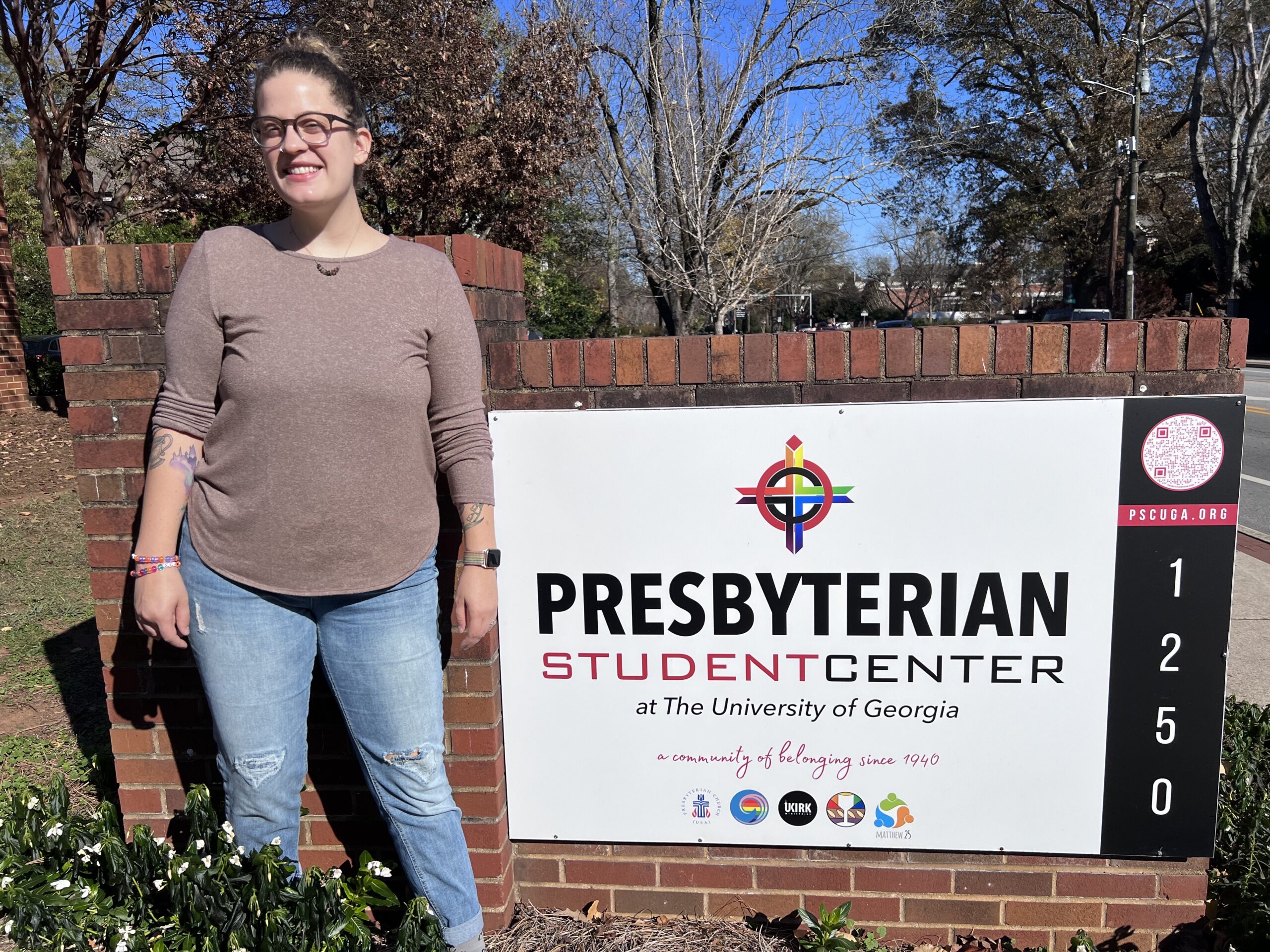
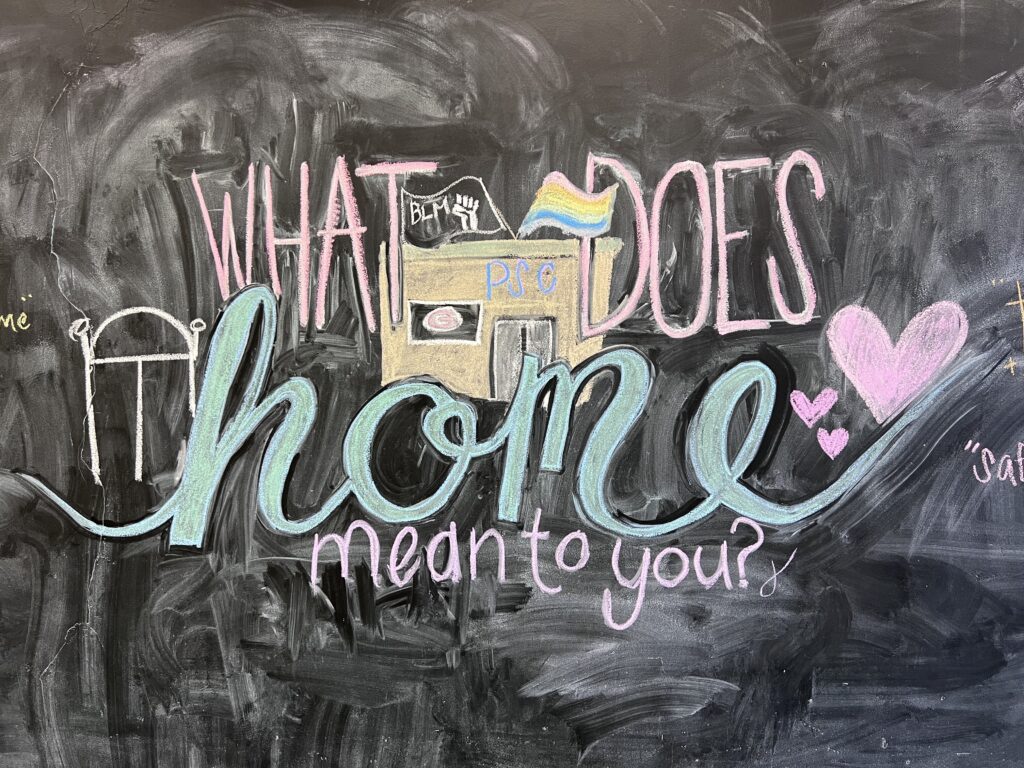
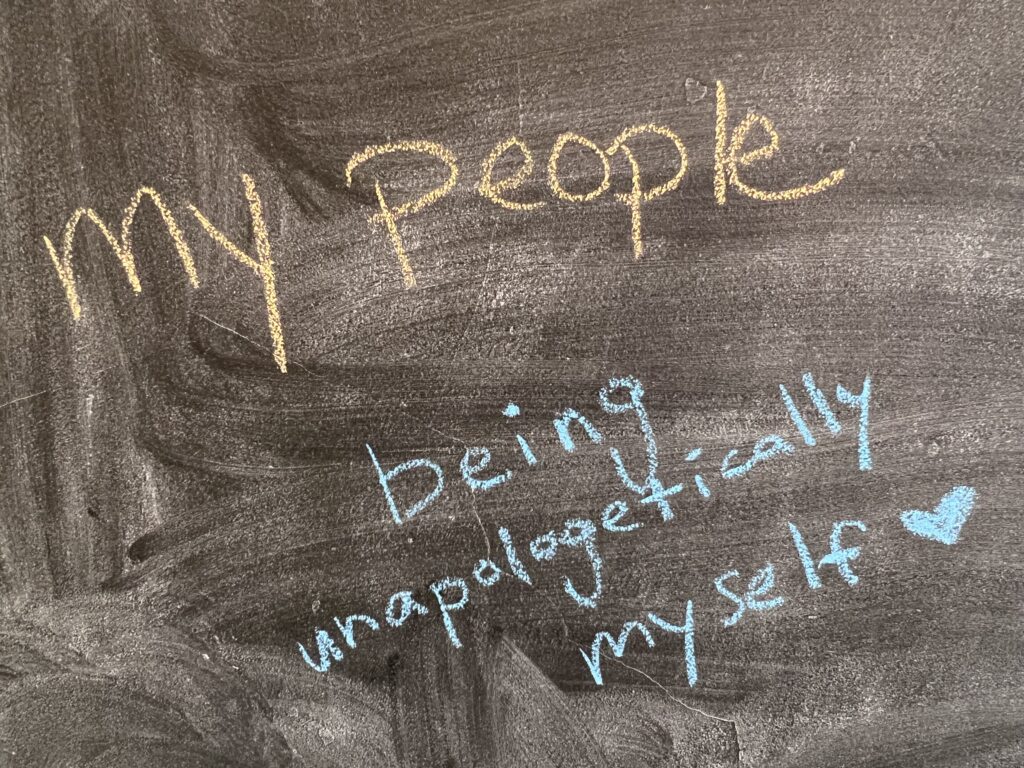


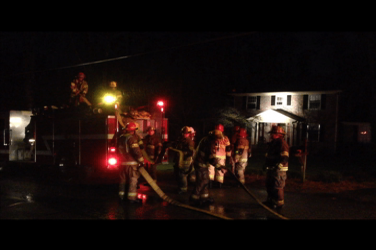


Show Comments (0)